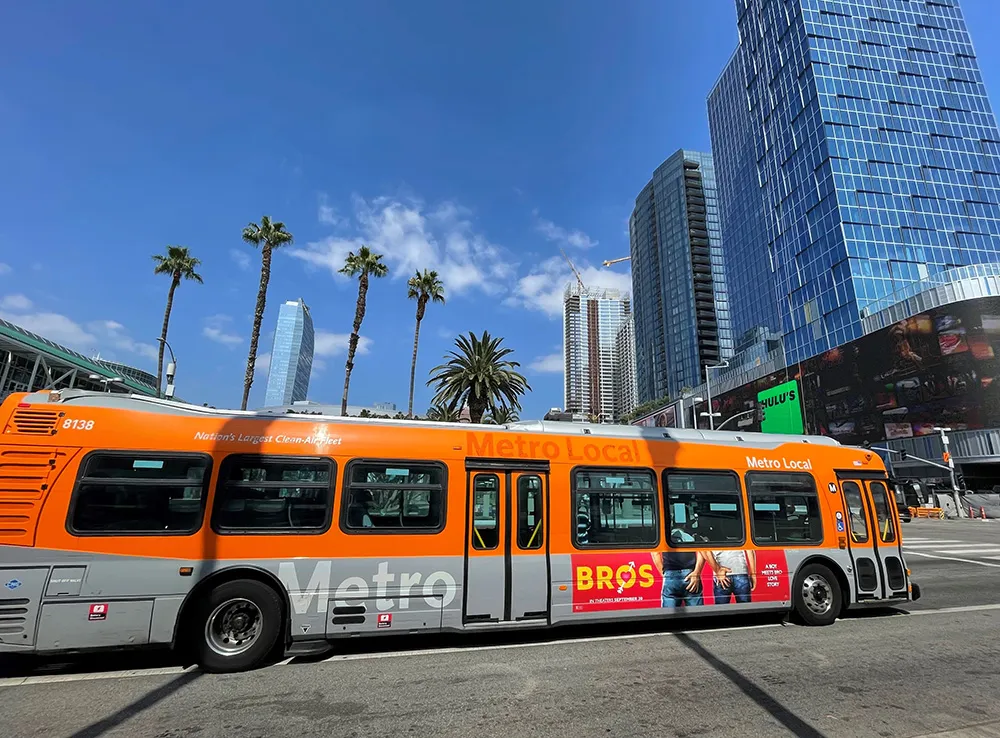
London, UK, and Austin, Texas, are rated as the Smart Cities most adapted to emerging technologies and a bright future in Europe and the US respectively, according to a new report.
Real estate technology company ProptechOS looked at the 100 most populous cities in Europe and the US.
“The cities that will thrive in the future will be the ones best adapted to our new and greener ways of living,” said Dr Erik Wallin, founder and chief ecosystem officer at ProptechOS.
“By looking at a range of factors, including tech infrastructure, sustainability, and the tech-driven job market, we were able to get a better picture of the US and European cities leading the way into a smarter future."
ProptechOS looked at 11 indicators of a Smart City, as defined by the OECD, in three categories: technology infrastructure and connectivity; green infrastructure; and the tech-driven job market in each city.
Individual factors in the rating formula included broadband speeds, the number of tech jobs per 10,000 residents and access to electric vehicle charging points.
Each city was awarded an overall score out of 100, as well as a score for each of the three categories. Top overall was Austin, which scored 74.5 out of a possible 100.
The report classed the US Top 10 cities most adapted to a smart future as: Austin, Los Angeles, Seattle, San Francisco, Atlanta, Washington DC, Dallas, New York, San Jose and Portland.
The equivalent Top 10 smart European cities were: London, Amsterdam, Berlin, Paris, Lisbon, Oslo, Budapest, Dublin, Madrid and Helsinki.
However, the study found that European cities lagged significantly behind their US counterparts. Only two European conurbations found a place in the overall top 20 – London (3rd) and Amsterdam (16th).
As the top European city, London scored particularly highly on its technology infrastructure and green infrastructure.
Plus points included more EV charging stations and more green certified buildings than any other European or US city featured in the study.
London also ranked first overall across both Europe and the US for Internet of Things (IoT) companies, with 346 IoT organisations headquartered and operating there.









